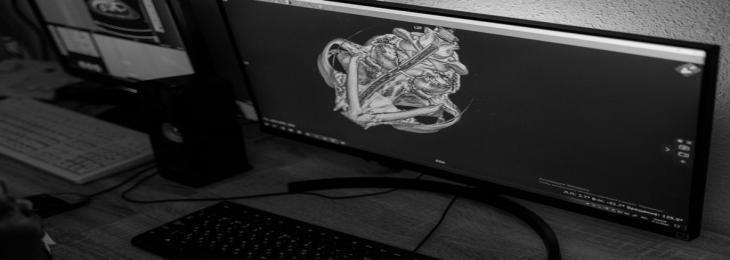Deep Learning Computer Algorithm to Detect Coronary Artery Disease by Assessing Photo of an Individual
Dec, 2020 - By SMI

Share
According to a new research study, researchers have reported that simply a ‘selfie’ can aid in detecting heart disease. Researchers suggest that there is probability of utilizing a deep learning computer algorithm in order to detect coronary artery disease (CAD) by assessing particular individuals photograph. However, this algorithm needs to be developed further required to be tested in larger groups of people from different ethnic backgrounds.
Researchers also suggested that it is quite evident that certain facial features such as thinning or grey hair, wrinkles, xanthelasmata, and arcus corneae are specifically associated with an increased risk of heart disease. However, these are tough for individuals to predict and enumerate heart disease risk.
In this research study, researchers evaluated 5,796 patients from eight hospitals in China. These patients underwent imaging procedures such as coronary angiography or coronary computed tomography angiography (CCTA) to examine their blood vessels. Further, they were categorized randomly into two groups such as training, which involved 5,216 patients and validation including 580 patients.
Further, skilled research nurses took four facial photos with digital cameras: one frontal, two profiles and one view of the top of the head and also questioned the patients, in order to collect data on lifestyle, socioeconomic status, and medical history. Moreover, radiologists revised the patients' angiograms and evaluated the intensity of heart disease. This information was utilized to create, train, and validate the deep learning algorithm.
Later researchers observed that the algorithm predicted heart disease risk (Diamond-Forrester model and the CAD consortium clinical score) exceptionally. The algorithm correctly detected heart disease in 80% of cases, in the validation group of patients, whereas in the test group, the sensitivity was 80% and specificity was 54%.
Share
Stratagem Market Insights
533 Airport Boulevard, Suite 400, Burlingame, CA 94010, United States
Delivery Center
403, 4th Floor, Bremen Business Center
Aundh, Pune, Maharashtra 411007
India
